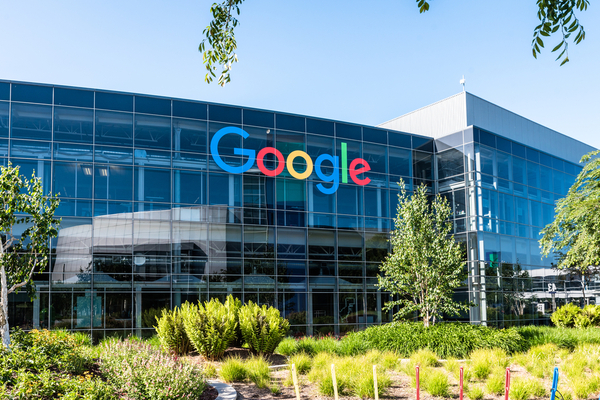On Monday, Google announced Willow, its latest, greatest quantum computing chip. The speed and reliability performance claims Google’s made about this chip were newsworthy in themselves, but what really caught the tech industry’s attention was an even wilder claim tucked into the blog post about the chip.
As TechRadar reports, Google Quantum AI founder Hartmut Neven wrote in his blog post that this chip was so mind-boggling fast that it must have borrowed computational power from other universes. As Neven stated in the post:
Today I’m delighted to announce Willow, our latest quantum chip. Willow has state-of-the-art performance across a number of metrics, enabling two major achievements.
- The first is that Willow can reduce errors exponentially as we scale up using more qubits. This cracks a key challenge in quantum error correction that the field has pursued for almost 30 years.
- Second, Willow performed a standard benchmark computation in under five minutes that would take one of today’s fastest supercomputers 10 septillion (that is, 1025) years — a number that vastly exceeds the age of the Universe.
This drop-the-mic moment on the nature of reality was met with skepticism by some, but, surprisingly, others on the internet who profess to understand these things argued that Nevan’s conclusions were more than plausible. The multiverse, while stuff of science fiction, is also an area of serious study by the founders of quantum physics.
The skeptics, however, point out that the performance claims are based on the benchmark that Google itself created some years ago to measure quantum performance. That alone doesn’t prove that parallel versions of you aren’t running around in other universes — just where the underlying measuring stick came from.
Unlike classic digital computers that calculate based on whether a bit is a 0 or 1 (on or off), quantum computers rely on incredibly tiny qubits. These can be on/off or both (somewhere in between) and they can also tap into quantum entanglement — a mysterious connection at the tiniest levels of the universe between two or more particles where their states are linked, no matter the distance that separates them.
Quantum computers use such quantum mechanics to calculate highly complex problems that cannot currently be addressed with classic computers. The problem is that the more qubits used in the computer, the more prone to errors they are. So it’s not clear yet if quantum computers will ever be reliable enough and powerful enough to live up to their hype. Google’s mission with Willow was to reduce those errors, and Neven says it accomplishes that.
So what’s next for Willow? Well, as Neven tells it, “the next challenge for the field is to demonstrate a first “useful, beyond-classical” computation on today’s quantum chips that is relevant to a real-world application. We’re optimistic that the Willow generation of chips can help us achieve this goal.”
—
Photo Credit: Uladzik Kryhin / Shutterstock.com
